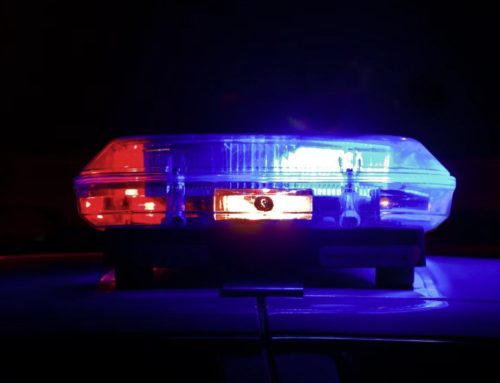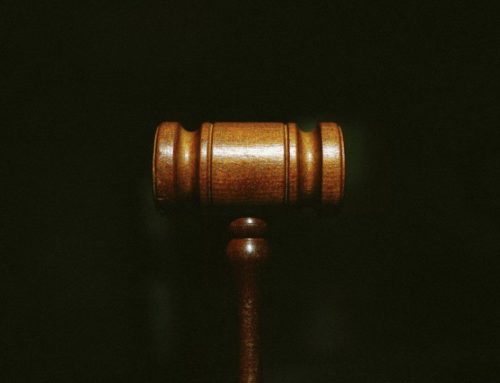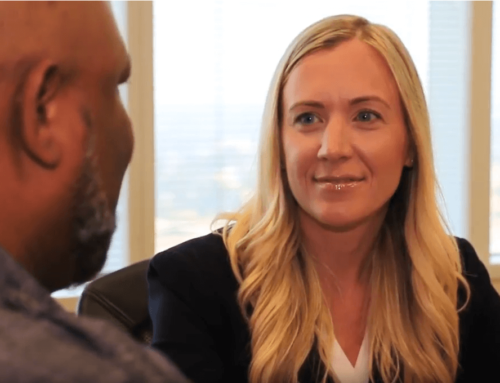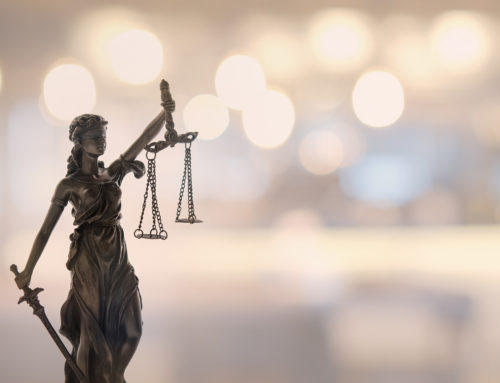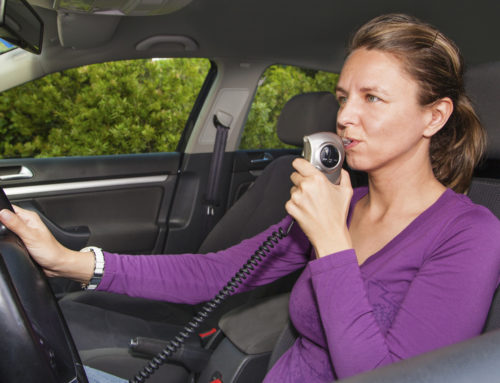Charged With a First Offense DUI?
Being charged with driving under the influence is a serious offense. First, it is important to note that there are typically two license suspensions involved with a DUI arrest. The first license suspension results from not requesting an APS hearing within 10 days of the date of arrest, or by losing the APS hearing. On a first offense, if either of the above happens, a four month license suspension will be imposed. The offender can either serve four months of a hard suspension, or can apply for a restricted license after serving a 30 day hard suspension. Should a restricted license be issued, it will remain in effect for five months and the person can drive to and from work, during the course of work, and to and from an alcohol program. The second license suspension is triggered upon a conviction for driving under the influence in Court.
Most first offense DUI cases are filed as misdemeanors; however, depending on the circumstances of the arrest some are filed as felonies. A misdemeanor first time offense carries a maximum of 6 months in jail and a fine ranging from $390.00 to $1000.00, which is subject to a penalty assessment and additional fees. In addition to the Court fees and custody time, a first offender will be ordered to complete a mandatory alcohol program. The length of the alcohol program will be determined by the person’s blood alcohol content. There are three different class lengths: (3 month, 6 month and 9 month). Furthermore, the person is subject to the terms of summary probation which typically lasts for three years. Summary probation requires the offender to complete all sentencing terms in addition to not violating any laws. The person may also be subject to attending a Victim Impact Panel, submitting a DNA sample, and/or attending a Hospital and Morgue program. Once a conviction for driving under the influence has been entered in Court, the Court will send an abstract to the DMV. Upon receipt of the abstract, the DMV will suspend the offender’s license for a period of 6 months. The offender can apply for a restricted license.
Charged With a Second Offense DUI?
If you have been charged with driving under the influence within ten years from the date of conviction of a prior offense, you will be charged with a second offense DUI. Additionally, if the DMV took action on your license within a ten year period, the new action will be considered a second. You have ten days from the date of arrest to request an APS hearing. Should you fail to request that hearing or lose the hearing, the DMV will impose a one year license suspension. This is a hard suspension with no eligibility for a restricted license.
The penalties for a second offense DUI are more severe than the penalties associated with a first offense. The maximum jail time on a second offense is one year in custody with a minimum of 96 hours mandatory. The fines and fees associated with the matter range from $390.00 to $1,000.00 plus a penalty assessment and additional fees. A mandatory multiple offender alcohol program will be imposed, 18 months in length. Summary probation will be ordered for a period of three to five years which requires the offender to complete all sentencing terms in addition to not violating any laws. The Court may impound the offender’s vehicle for 30 days if the vehicle is owned by the defendant, and require the person to install an ignition interlock device in the vehicle for up to three years. Furthermore, the Court may require the offender to complete a Victim Impact Panel, provide a DNA sample, and/or attend a Hospital and Morgue program. Upon conviction of a DUI in Court, the Court will send an abstract to the DMV. Upon receipt of the abstract, the DMV will suspend the offender’s license for two years. After one year of a hard suspension, the person is able to apply for a restricted license if certain conditions are met. The restricted license will allow the person to drive to and from and during the course of employment, and to and from the multiple offender program.
Charged With a Third Offense DUI?
Should you have two driving under the influence convictions in the last ten years, the most recent arrest will be charged as a third offense. A third offense DUI has severe penalties associated with the charge. If the DMV has taken action due to two prior convictions or two prior APS suspensions, the offender will be facing a one year license suspension triggered by the third DUI arrest. Should the APS hearing not result in a victory, or if the hearing is not requested, a one year license suspension will be imposed. This is a hard suspension with no eligibility for a restricted license.
The penalties for a third DUI are more severe than the penalties on a first and second offense. Most notably, the offender must serve a minimum of 120 days in jail with a maximum of one year. Summary probation will be imposed for a period of three to five years. A fine of $390.00 to $1,000.00 will be imposed. That fine will be subject to a penalty assessment in addition to additional court fees. A mandatory alcohol program will be imposed; the program length will range between an 18 month program and a 30 month program. The Court may impound the offender’s vehicle for 90 days if owned by the defendant, and can require the installation of an ignition interlock device for up to 3 years. Furthermore, the Court can require the offender attend a Victim Impact Panel, submit a DNA sample, and/or attend a Hospital and Morgue program. Upon conviction of a third DUI in Court, the Court will send an abstract to the DMV. Upon receipt of the abstract, the DMV will revoke the driver’s license for a period of three years. Additionally, the person will be designated as a habitual traffic offender for a three year period.
If you have been charged with a DUI it is vital you contact an experienced DUI attorney today. A skilled DUI lawyer will be able to represent you at both the APS hearing and in Court. The Parker Law Center is committed to providing comprehensive legal representation and protecting your rights. Contact the Parker Law Center today to get the legal representation that you deserve! (800) 805-8804


